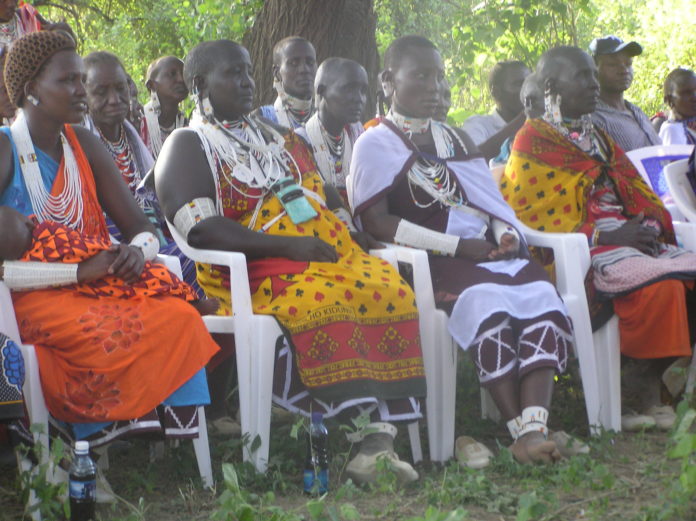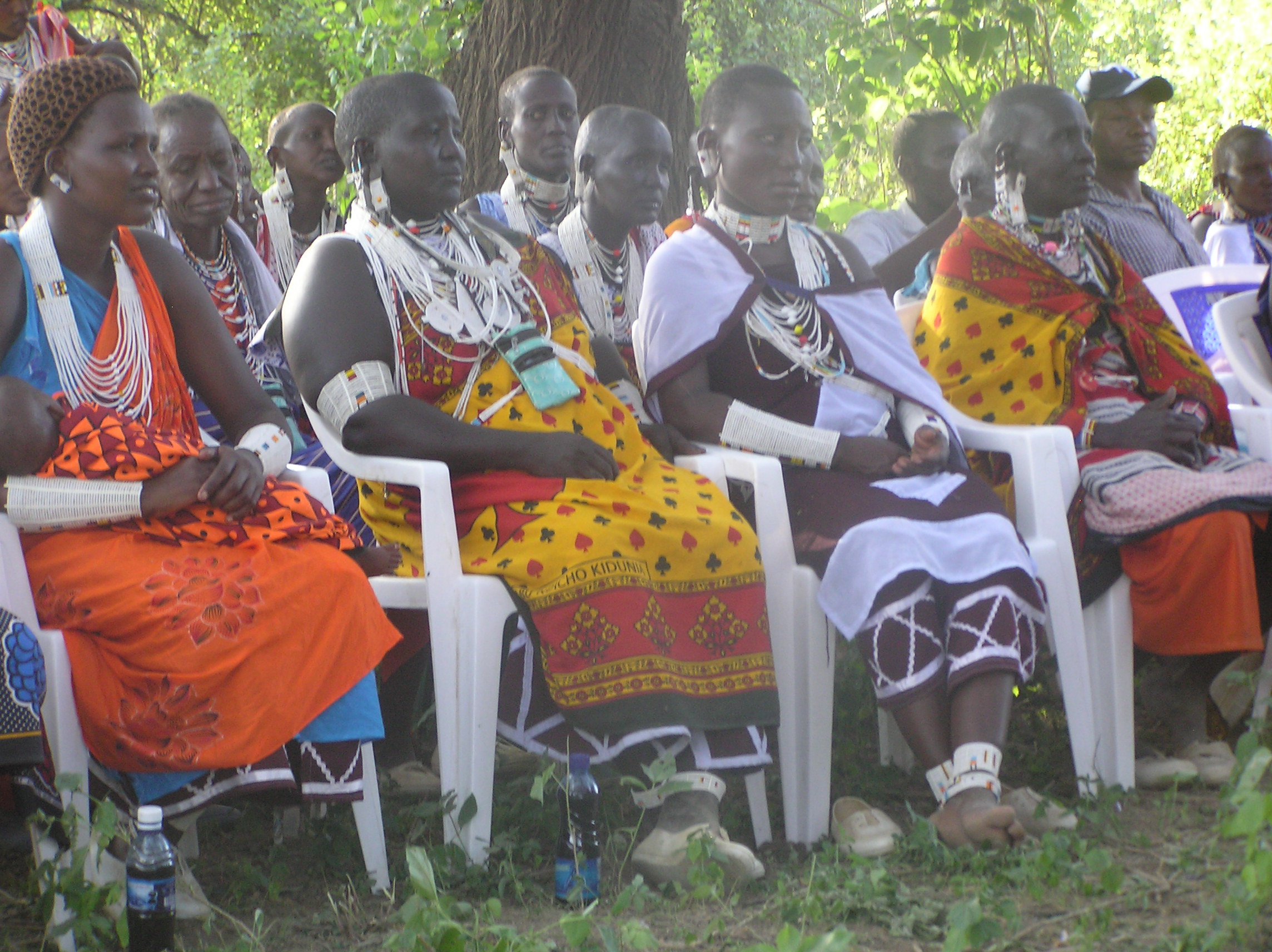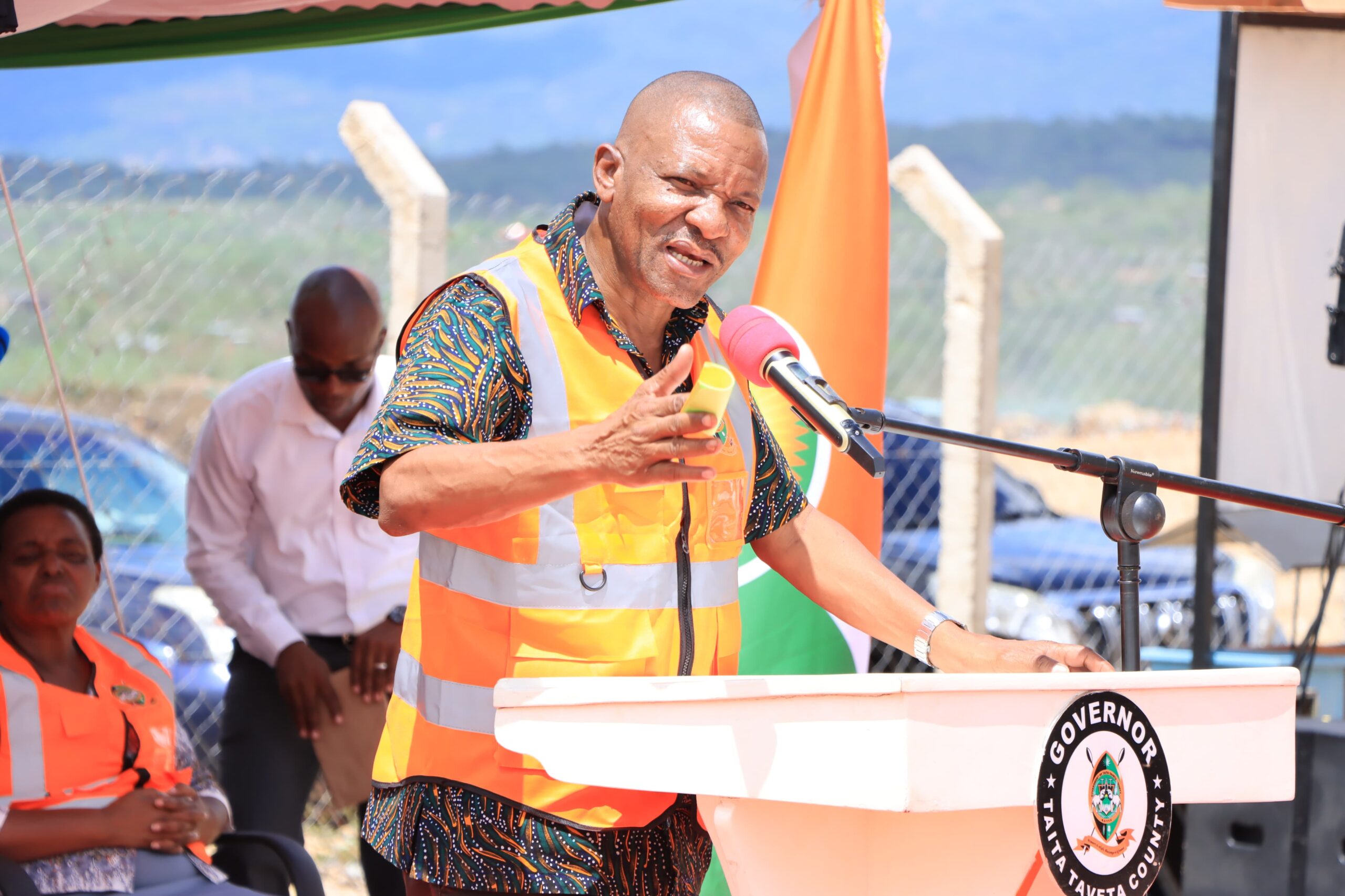By Sam Otieno
[NAIROBI] Harnessing suitable preventive measures could aid solving burden of hypertension.
Hypertension is a condition in which the blood vessels have persistently raised pressure, putting them under increased stress in Africa, says experts.
According to the World Health Organization (WHO) hypertension is the most common cardiovascular disease with estimates where three in 10 people are living with the condition.
Experts agreed on preventive measures like measure of blood pressure status, healthy diet, avoid smoking, avoiding drinking of alcohol, being physically active are crucial to tackling hypertension, during the commemoration of World Hypertension day meeting held in Nairobi, Kenya, 17 May , that was organised by Ministry of Health (MOH), Healthy Heart Africa, and AMREF Africa.
Most people with blood pressure have no symptoms at all which is why it is often referred to as the silent killer and why regular check-ups are so important and also people do not seek treatment for hypertension because it is too expensive and if they do, households often then spend a substantial share of their income on hospitalisation and care,
Pacifica Onyancha, senior deputy director at the ministry of Health urged Kenyans to regularly measure their blood pressure because awareness is the first step to better health.
The campaign named “Pima Pressure” is part of the May Measurement Month and will see the Ministry set up free screening stations in the country’s referral hospitals, public universities and various public pick up points.
“Hypertension causes significant financial burden including the cost of caring for all complications arising from it such as stroke, heart attack, kidney failure, pain or fatigue when walking, erectile dysfunction in men or lower libido in women, heart failure and loss of sight,” said Onyancha.
Katarina Ageborg is chief compliance officer at AstraZeneca concurred with Onyancha and said the majority of African countries cannot afford the high costs of treatment with many competing health priorities and limited resources.
“80 million of adults are with high pressure in Africa in 2000 and the figure is expected to rise to 150 million by 2025,” she said.
Ageborg explained that Healthy heart Africa which is AstraZeneca’s program to tackle hypertension across Africa and it has achieved a number of milestones since it was launched October 2014.
For example, over 3.5 million blood pressure screenings in the community and in health facilities, over 4000 trained healthcare workers, including doctors, nurses, pharmacists and community health volunteers, over 500 healthcare facilities have been activated in Africa and over 700,000 number of people identified living with high blood pressure.
Ageborg noted, we have intensified public awareness campaigns and interventions to reduce these risk factors and the burden of the disease in Africa.















